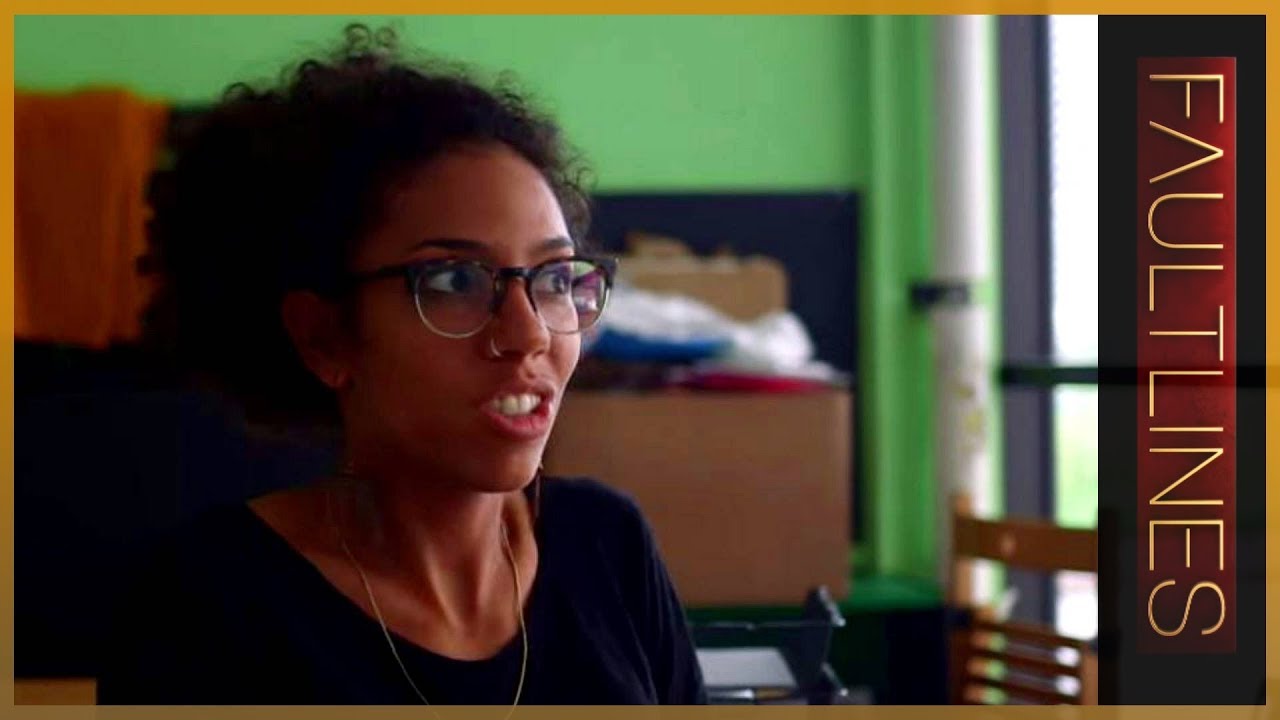The Lives of Black Women | Fault Lines
Rekia Boyd was only 22 when she was killed. An off-duty police officer named Dante Servin fired five shots and one of the bullets struck Boyd in the head. She was unarmed.
When he was questioned, Servin told investigators that Boyd’s friend pointed a gun at him, and that he fired in self-defence. But the gun that Servin says he saw was never recovered. Boyd’s friend Antonio Cross said he actually had a mobile phone in his hand.
But Servin told Fault Lines that it doesn’t matter if it was a cellphone or a gun – it was pointed at him and he believed in that moment that he was being threatened. That’s all that was important.
Three years later, in 2015, Servin was charged with involuntary manslaughter, but cleared of all charges the same year. Judge Dennis Porter ruled that Servin was tried for the wrong crime. He suggested that a murder charge would have been more appropriate.
In the US, black women are being killed by police at a rate of one a month. One in four are unarmed. Their stories have often gone untold.
“People don’t care about black women, they just don’t. We’re in the way in the case of Rekia Boyd. We’re angry black women. Or we’re just too angry and too black and too womanly in the case of Sandra Bland. We’re either too x or we’re invisible,” says Page May, teacher and organiser of Assata’s Daughters, a nonprofit organisation for young black women in Chicago
“At best we’re taken for granted, at worst we’re abused. And we see the manifestation of that on the mainstream, in the erasure of our deaths, our suffering, and of our resistance,” she adds.
Months after Dante Servin’s trial ended, an explosive video was released to the public: It showed a Chicago police officer shooting 17-year-old Laquan McDonald – 16 times. The shooting led to widespread protests and the eventual removal of Chicago’s police chief and the state’s attorney.
While the city reeled from this scandal, police shot and killed a black woman in the doorway of her home. Bettie Jones was 55 – a mother of five, and a grandmother of nine.
“They don’t talk about women that much when they get killed by the police. They barely talk about women. Why is that? It’s crazy because you see that even in death women play the second role,” Martinez Sutton, Boyd’s brother says.
Fault Lines investigates the lesser-known stories of black women who have fallen victim to police violence in the US and ask why black women are left out of the conversation on police brutality.
More from Fault Lines on:
YouTube – http://aje.io/faultlinesYT
Facebook – https://facebook.com/AJFaultLines
Twitter – https://twitter.com/AJFaultLines
Website – http://aljazeera.com/faultlines/




![Private: [ID: QF92r7zyTIk] Youtube Automatic](https://nezha.pro/wp-content/uploads/2023/10/private-id-qf92r7zytik-youtube-a-236x133.jpg)
![私密內容: [ID: FTDZnbPjPQU] Youtube Automatic](https://nezha.pro/wp-content/uploads/2023/07/id-ftdznbpjpqu-youtube-automati-236x133.jpg)
![私密內容: [ID: YlmkaV43dag] Youtube Automatic](https://nezha.pro/wp-content/uploads/2023/06/id-ylmkav43dag-youtube-automati-236x133.jpg)
![私密內容: [ID: SR8FZw_ZkrY] Youtube Automatic](https://nezha.pro/wp-content/uploads/2023/06/id-sr8fzwzkry-youtube-automatic-236x133.jpg)
![私密內容: [ID: ZJP3kU55JmI] Youtube Automatic](https://nezha.pro/wp-content/uploads/2023/06/id-zjp3ku55jmi-youtube-automati-236x133.jpg)
![私密內容: [ID: QKV7s89vr44] Youtube Automatic](https://nezha.pro/wp-content/uploads/2023/06/id-qkv7s89vr44-youtube-automati-236x133.jpg)
![私密內容: [ID: qJKt0hvzy7w] Youtube Automatic](https://nezha.pro/wp-content/uploads/2023/05/id-qjkt0hvzy7w-youtube-automati-236x133.jpg)
![私密內容: [ID: 76In01TZyjw] Youtube Automatic](https://nezha.pro/wp-content/uploads/2023/03/id-76in01tzyjw-youtube-automati-236x133.jpg)
![Private: [ID: SXy9SUDqUHk] Youtube Automatic](https://nezha.pro/wp-content/uploads/2023/01/private-id-sxy9sudquhk-youtube-a-236x133.jpg)
![Private: [ID: 3yD7nq-CPtI] Youtube Automatic](https://nezha.pro/wp-content/uploads/2022/11/private-id-3yd7nq-cpti-youtube-a-236x133.jpg)